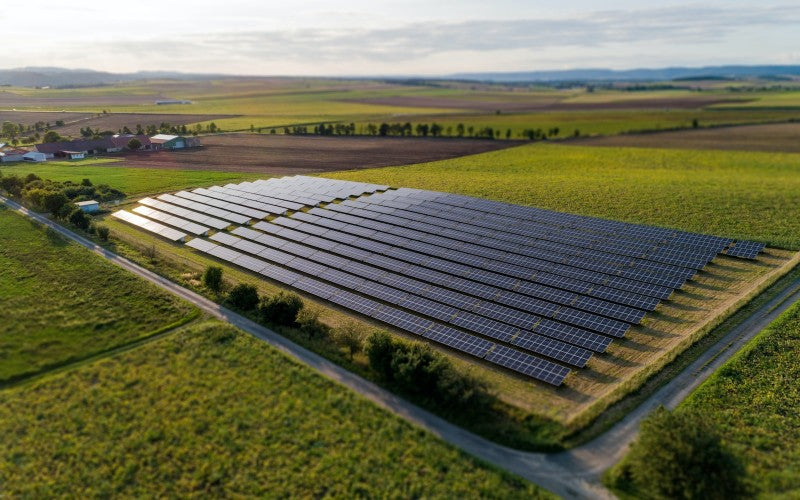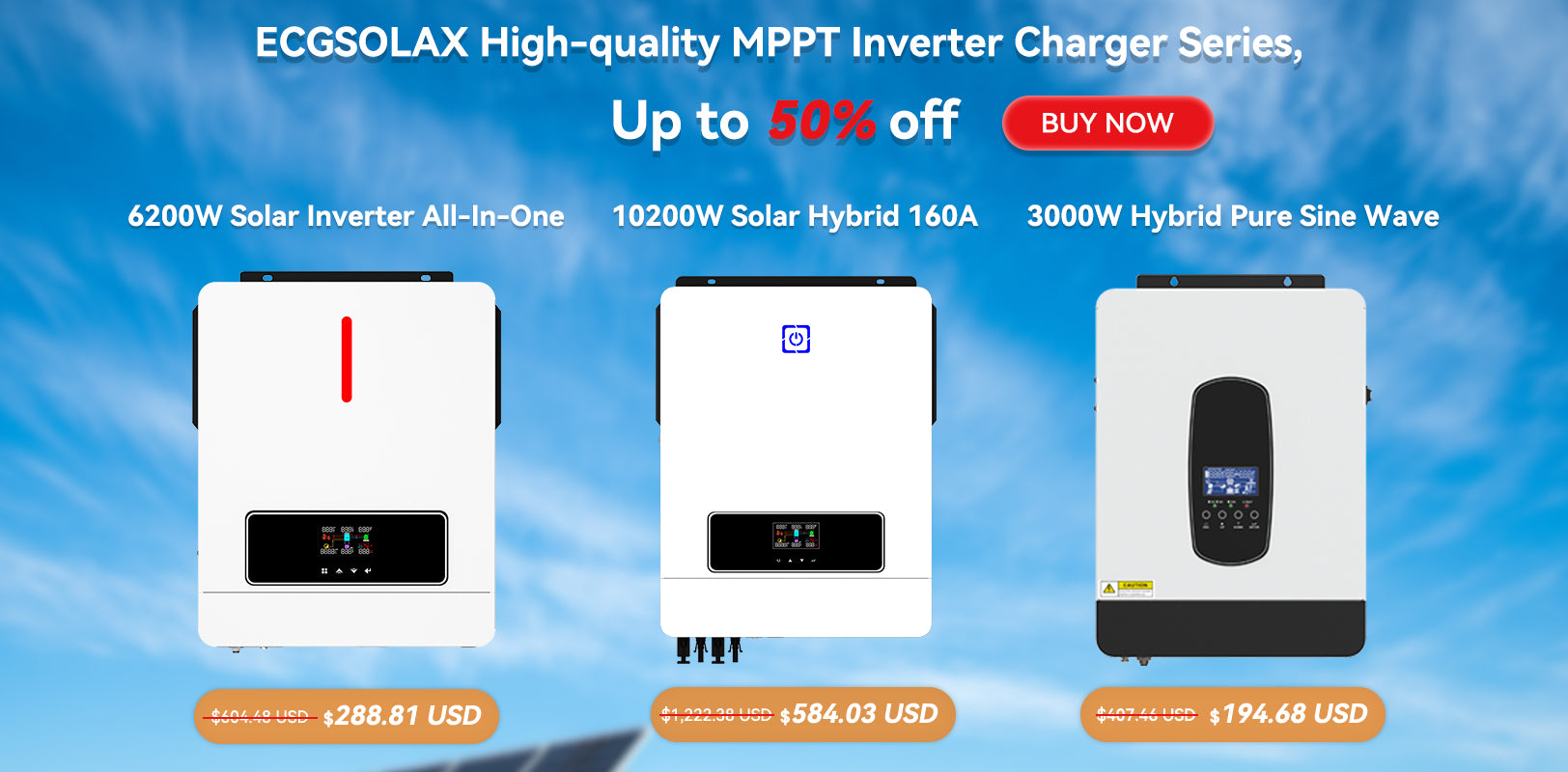
As solar energy continues to gain popularity as a clean and renewable power source, many customers are considering investing in solar energy systems for their homes or businesses. One important component of these systems is the inverter, which converts the direct current (DC) generated by solar panels into alternating current (AC) that can be used to power electrical devices. Hybrid inverters, in particular, have emerged as a versatile solution that combines the functionality of both an inverter and a battery charger. In this blog post, we will address the question of whether a hybrid inverter requires a charge controller, explore the capabilities of hybrid inverters, and clarify the distinction between hybrid inverters and inverter chargers.
What is a Hybrid Inverter Charger?
Before delving into the specifics, let's first understand what a hybrid inverter charger is. A hybrid inverter charger is an advanced power conversion device designed to integrate solar energy systems with batteries. It serves two primary functions: converting DC power from solar panels into AC power for immediate use, and simultaneously charging a battery bank with excess energy generated by the solar panels or from the utility grid. This enables the stored energy to be used during periods of low solar production or during power outages.
Does a Hybrid Inverter Need a Charge Controller?
The answer to this question is no, a hybrid inverter does not require a separate charge controller. Unlike traditional solar power systems where a charge controller is necessary to regulate the charging of batteries, hybrid inverters have a built-in charge controller functionality. The integrated charge controller ensures that the batteries connected to the hybrid inverter are charged efficiently and safeguards against overcharging or discharging.
Can I Use a Charge Controller with a Hybrid Inverter?
While a hybrid inverter already has a built-in charge controller, some customers may wonder if it is possible to use an additional charge controller in conjunction with a hybrid inverter. In most cases, it is not recommended or necessary to add an external charge controller to a hybrid inverter. The built-in charge controller of the hybrid inverter is specifically designed to optimize battery charging, and introducing an external charge controller may lead to compatibility issues or inefficient operation. It is best to rely on the integrated charge controller within the hybrid inverter itself.
Can a Hybrid Inverter Charge the Battery from the Grid?
One of the key advantages of a hybrid inverter is its ability to charge the battery bank using power from the utility grid. This feature allows users to store electricity during off-peak hours when utility rates are lower and utilize that energy later when rates are higher or during power outages. Hybrid inverters intelligently switch between solar power, grid power, and battery power based on real-time conditions, ensuring an uninterrupted power supply while maximizing the use of clean energy sources.
Can a Hybrid Inverter Work Without the Grid?
Yes, a hybrid inverter can operate independently without the grid. In the absence of grid power, a hybrid inverter can function as an off-grid inverter, utilizing solar power and stored energy from the battery bank to power electrical devices. This capability makes hybrid inverters an excellent choice for remote areas or locations where grid access is unreliable or nonexistent. Additionally, hybrid inverters can be used in conjunction with a backup generator to provide a reliable power supply even in extended periods of low solar production.
Is an Inverter Charger the Same as a Hybrid Inverter?
While the terms "inverter charger" and "hybrid inverter" are sometimes used interchangeably, they do have distinct differences. An inverter charger is primarily designed to convert DC power from batteries into AC power for immediate use and to recharge the batteries when grid power is available. In contrast, a hybrid inverter encompasses the functionalities of an inverter charger but also integrates the ability to convert DC power from solar panels into AC power, making it a more comprehensive solution for solar energy systems. Hybrid inverters offer the added benefit of seamless integration with solar panels and battery banks, providing users with greater flexibility and control over their energy usage.
Conclusion
In summary, a hybrid inverter does not require a separate charge controller, as it already incorporates a built-in charge controller. This integration ensures efficient and safe battery charging. While it is possible to operate a hybrid inverter independently of the grid, it can also utilize grid power to charge the battery bank and provide a reliable power supply. Hybrid inverters offer a comprehensive solution for solar energy systems, combining the functionalities of an inverter and a battery charger, while also seamlessly integrating with solar panels and batteries. Understanding the capabilities and features of hybrid inverters is crucial for customers looking to invest in solar energy-related products and optimize their power generation and storage capabilities.


0 Kommentare